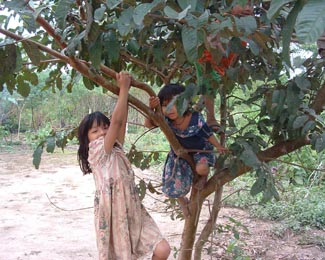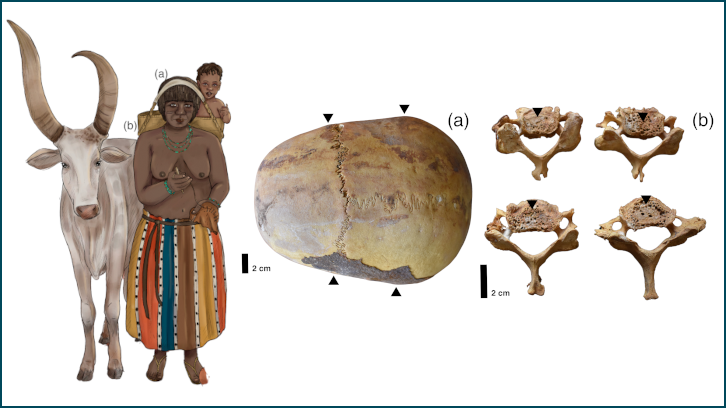Cultural similarities in a couple do not guarantee better offspring

A recent study seeked to prove which factors influence a person at the moment of choosing a partner, and in which way the compatibility between them affects the well-being of their children. Beginning with the industrialized society, and comparing it to a field study in the Bolivian Amazonia, researchers observed that both societies tend to what is called positive selection, that is to say, they look for similarities when choosing a partner. However, none of the cases demonstrated that, as a result, there is an exact correlation between these similarities and the effect it has on their descendants.
Mate choice matters for inclusive fitness, household economic efficiency, assimilation, stratification, and economic inequalities in society. In positive assortative mating people pair with someone who resembles them in a trait; in negative assortative mating people pair with someone who differs from them along a trait.
In industrial nations, people tend to follow positive assortative mating in fundamental demographic, psychological and social dimensions (e.g., age, schooling), but may practice negative assortative mating for market outcomes (e.g., hours worked).
Tsimane', like people in the USA, seek for Pearson correlations of age or schooling, among other things.
Prior research on assortative mating has focused on industrial nations, generally compared only one trait between couples, and paid scant attention to the effects of assortative mating for offspring well-being. Drawing on data from a farming-foraging society in the Bolivian Amazon (Tsimane') we (a) identify 25 traits for which Tsimane' might practice positive or negative assortative mating and (b) test the hypothesis that departure from cultural norms of assortative mating will be linked with poorer offspring well-being. Proxies for offspring well-being include 12 indices related to anthropometric indicators, modern human capital, and perceived illness. We find that (i) Tsimane', like people in the USA, practice only positive assortative mating, (ii) mother-father, Pearson correlations of age, schooling, and earnings among Tsimane' are positive and resemble correlations in the USA, and (iii) weak support for the hypothesis. Among Tsimane', assortative mating might enhance inclusive fitness of mating couples, but is not linked with improvements in offspring well-being.
We discuss reasons why parental assortative mating might bear weak links with offspring well-being.
References
Assortative mating and offspring well-being: theory and empirical findings from a native Amazonian society in Bolivia.Godoy, R; Eisenberg, DTA; Reyes-Garcia, V; Huanca, T; Leonard, WR; McDade, TW; Tanner, S.EVOLUTION AND HUMAN BEHAVIOR, 29 (3): 201-210 MAY 2008


